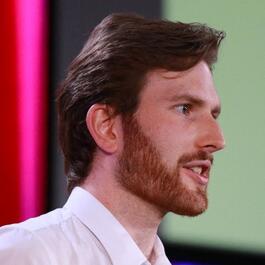
Rob Wiblin's Interviews
#204 – Nate Silver on making sense of SBF, and his biggest critiques of effective altruism
Rob Wiblin speaks with FiveThirtyEight election forecaster and author Nate Silver about his new book: On the Edge: The Art of Risking Everything. Links to learn more, highlights, video, and full transcript. On the Edge explores a cultural grouping Nate dubs “the River” — made up of people who are analytical, competitiv
#172 – Bryan Caplan on why you should stop reading the news
Is following important political and international news a civic duty — or is it our civic duty to avoid it? It's common to think that 'staying informed' and checking the headlines every day is just what responsible adults do. But in today's episode, host Rob Wiblin is joined by economist Bryan Caplan to discuss the boo
#142 – John McWhorter on key lessons from linguistics, the virtue of creoles, and language extinction
John McWhorter is a linguistics professor at Columbia University specialising in research on creole languages. He's also a content-producing machine, never afraid to give his frank opinion on anything and everything. On top of his academic work he's also written 22 books, produced five online university courses, hosts
#140 – Bear Braumoeller on the case that war isn't in decline
Is war in long-term decline? Steven Pinker's The Better Angels of Our Nature brought this previously obscure academic question to the centre of public debate, and pointed to rates of death in war to argue energetically that war is on the way out. But that idea divides war scholars and statisticians, and so Better Angel
People who exist in the future deserve some degree of moral consideration.The future could be very big, very long, and/or very good.We can reasonably hope to influence whether people in the future exist, and how good or bad their lives are.So trying to make the world better for future generations is a key priority of o
#133 – Max Tegmark on how a 'put-up-or-shut-up' resolution led him to work on AI and algorithmic news selection
On January 1, 2015, physicist Max Tegmark gave up something most of us love to do: complain about things without ever trying to fix them. That “put up or shut up” New Year’s resolution led to the first Puerto Rico conference and Open Letter on Artificial Intelligence — milestones for researchers taking the safe develo
Podcasts with Rob Wiblin
Possible Pairings
You might also be interested in
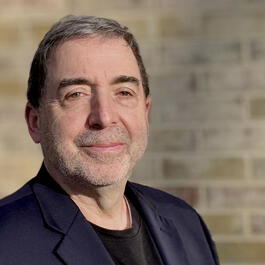
Russ Roberts
Interview host

Tyler Cowen
Economist
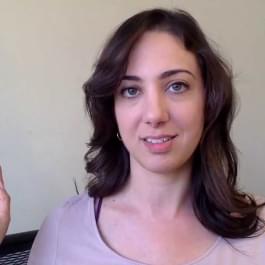
Julia Galef
Interview host

Bryan Caplan
Economist

Will MacAskill
Author
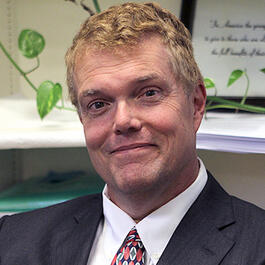
Michael Munger
Economist

Ezra Klein
Journalist
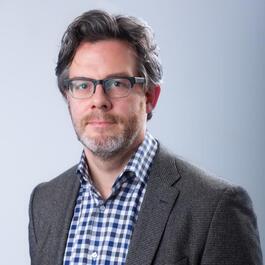
Chris Blattman
Economist

Sam Harris
Media Personality
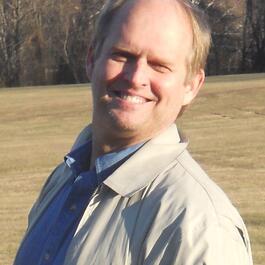
Robin Hanson
Economist

Philip Tetlock
Psychologist

Donald Boudreaux
Economist
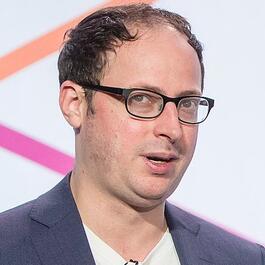
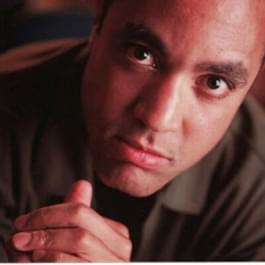
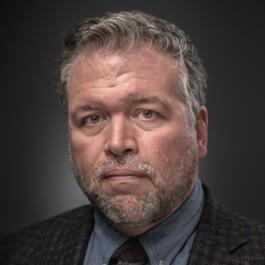

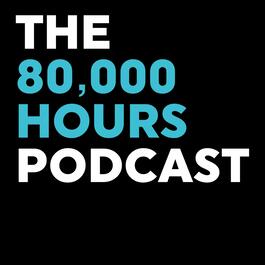
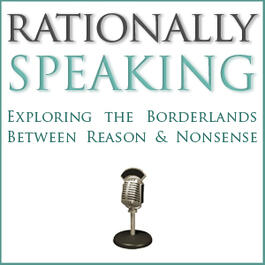
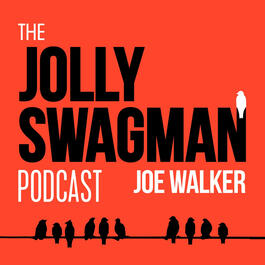


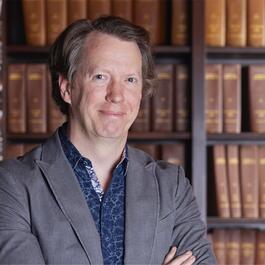
Shout-outs
Add shout-out